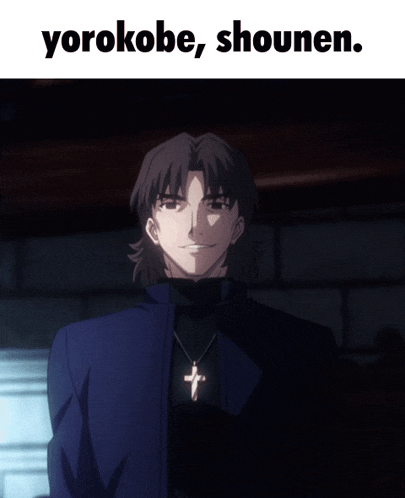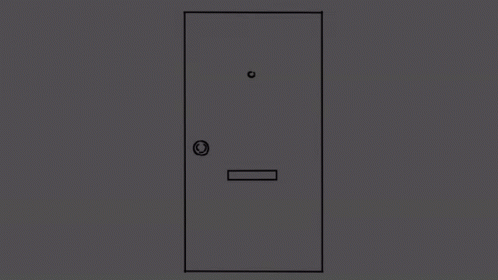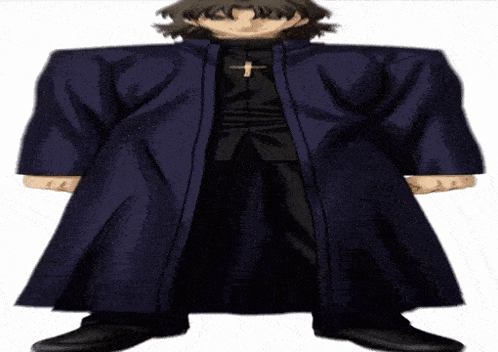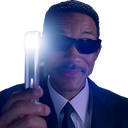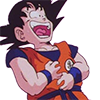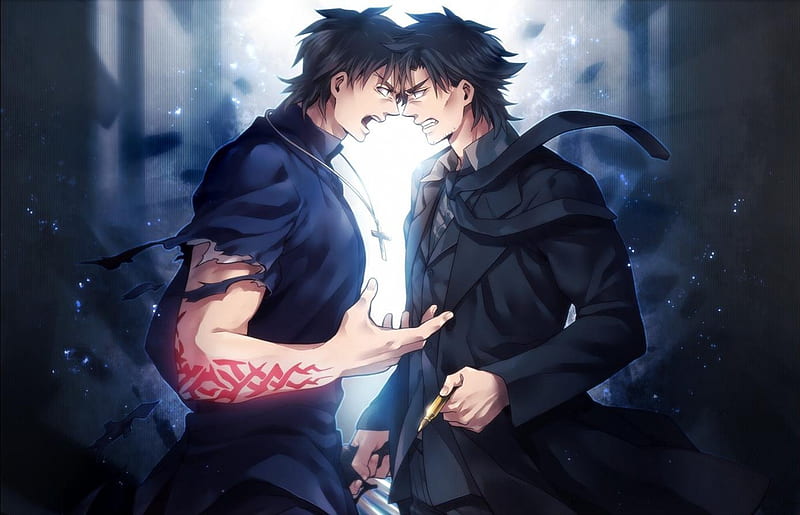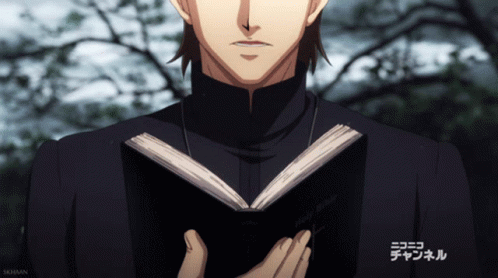IMPORTANT: THIS TIME THERE WILL BE NO FIGHTS. YOU WILL SIMPLY VOTE FOR YOUR TOP 6 CHOICES HERE. PLEASE TRY TO USE UP ALL 6 VOTES. THANKS.
THE BRACKET
Fyodor Dostoevsky – Bungo Stray Dogs
VS
Baal – Welcome to Demon School! Iruma-kun
VS
Kirei Kotomine – Fate Franchise
VS
Millennium Earl – D.Gray‑Man
VS
Roswaal L. Mathers – Re:Zero
VS
Rien – Jigokuraku (Hell’s Paradise)
VS
Vicious – Cowboy Bebop
VS
Takasugi – Gintama
VS
Akaza – Demon Slayer
VS
Garou – One Punch Man
VS
Daemon Spade – Hitman Reborn!
VS
Kuroki Gensei – Kengan Ashura
THE BRACKET
Fyodor Dostoevsky – Bungo Stray Dogs
Fyodor Dostoevsky is the cold strategist of Bungo Stray Dogs, orchestrating chaos under the guise of a scholarly gentleman. At first, he seems polite and erudite, but his cruelty is precise and surgical. Able to kill with a taste for theatrical irony, he weaves patterns of suffering that provoke not confusion or grief, but complete psychological collapse.
His ability to exploit motives and addiction is chilling. Fyodor sets traps not to kill, but to manipulate—forcing detectives and mafiosos into moral quandaries that reveal their darkest impulses. He understands that true power lies in psychological shattering, not brute force. His calm veneer hides a disturbingly analytical mind, calculating every reaction.
He exists as a surgical specter, showing that the greatest evil can be wrapped in softness. His threat is not loud—it's the creeping doubt he plants in everyone around him. Fyodor proves that when betrayal is intellectualized, it becomes both inevitable and unforgettable.

His ability to exploit motives and addiction is chilling. Fyodor sets traps not to kill, but to manipulate—forcing detectives and mafiosos into moral quandaries that reveal their darkest impulses. He understands that true power lies in psychological shattering, not brute force. His calm veneer hides a disturbingly analytical mind, calculating every reaction.
He exists as a surgical specter, showing that the greatest evil can be wrapped in softness. His threat is not loud—it's the creeping doubt he plants in everyone around him. Fyodor proves that when betrayal is intellectualized, it becomes both inevitable and unforgettable.

VS
Baal – Welcome to Demon School! Iruma-kun
Baal, known as Azazel Ameri’s stern headmistress, cuts through the comedic surface of Iruma-kun with ruthless efficiency. She enforces the school’s rules with unyielding severity, imposing punishments to test students’ limits. Where others see chaos, Baal sees structure and discipline—and she is willing to break anyone who stands in her way.
Her cold formality masks a deeply ingrained sense of responsibility. She believes in shaping demons not by indulgence, but through hardship. By embodying order, she forces heroes and villains alike to examine their true natures. Her disciplinary presence can topple pride—with no need for violence.
Baal’s influence may be minor, but poignant. She reminds characters—and readers—that moral growth often demands discomfort. In her, we see how even a rigid wall of rules can be a catalyst for deeper transformation.

Her cold formality masks a deeply ingrained sense of responsibility. She believes in shaping demons not by indulgence, but through hardship. By embodying order, she forces heroes and villains alike to examine their true natures. Her disciplinary presence can topple pride—with no need for violence.
Baal’s influence may be minor, but poignant. She reminds characters—and readers—that moral growth often demands discomfort. In her, we see how even a rigid wall of rules can be a catalyst for deeper transformation.

VS
Kirei Kotomine – Fate Franchise
Kirei Kotomine is the steel‑voiced theologian who finds solace in despair. Introduced as a priest and guide for Holy Grail Battle masters, his facade of faith hides a darker hunger. He finds twisted delight in the suffering of others, taking comfort in watching futile ambition meet brutal ends.
His ideology twists holy duty into nihilism. He recognizes heroic devotion and arrogance, then fuels them toward oblivion. He offers weapons and comfort, only to observe the collapse of purpose. He seeks not victory, but the silent void that follows defeat.
Unyielding in silence, Kirei shows us that some people hear the world’s pain as music. His villainy is the quiet shift from dedication to malice—a reminder that religious certitude without compassion can become a vessel for cruelty.

His ideology twists holy duty into nihilism. He recognizes heroic devotion and arrogance, then fuels them toward oblivion. He offers weapons and comfort, only to observe the collapse of purpose. He seeks not victory, but the silent void that follows defeat.
Unyielding in silence, Kirei shows us that some people hear the world’s pain as music. His villainy is the quiet shift from dedication to malice—a reminder that religious certitude without compassion can become a vessel for cruelty.

VS
Millennium Earl – D.Gray‑Man
Millennium Earl is the twisted ringmaster of humanity’s suffering. With a demonic carnival aesthetic, he toys with people’s grief to lure them into servitude and mutation. His personality—cheerful, refined, mocking—masks an ancient sadness: his existence is bound to a world of human despair.
He creates Akuma from unending grief, turning hope into weaponry. His terror lies in his invitation: he makes the desperate feel chosen, loved even—until the moment of transformation. In that blue-eyed grin, he shows how personal sorrow becomes cosmic tool when wielded by immortality.
Earl isn’t just a villain—he is the crystallization of despair into purpose. His missions reveal that salvation can become obedience, and love can be entrapment. The greatest horror of grief may lie not in pain, but in its corruption.

He creates Akuma from unending grief, turning hope into weaponry. His terror lies in his invitation: he makes the desperate feel chosen, loved even—until the moment of transformation. In that blue-eyed grin, he shows how personal sorrow becomes cosmic tool when wielded by immortality.
Earl isn’t just a villain—he is the crystallization of despair into purpose. His missions reveal that salvation can become obedience, and love can be entrapment. The greatest horror of grief may lie not in pain, but in its corruption.

VS
Roswaal L. Mathers – Re:Zero
Roswaal L. Mathers stands as the crystalline enigma of Re:Zero. Always composed and aloof, he perfectly orchestrates the mansion’s affairs and Subaru’s trials, yet shields his obsessions behind deception. Every smile is strategic, every word calculated to hide his Faustian bargains with witches and power.
His benevolence unravels into self‑interest. He propels Subaru into pain to fulfill his own immortal desires and copies of the Witch cult. His justifications are calm, but cruel: the deer in his sanctuary may be killed if it strays. He insists primacy of purpose over empathy—believing the ends justify Subaru's suffering.
Roswaal reminds us that patronage can conceal exploitation. His guidance isn’t support—it’s sculpting. Through suffering and manipulation, he gains power. In him we find that evil can advance wrapped in hospitality, as long as the price is faith.

His benevolence unravels into self‑interest. He propels Subaru into pain to fulfill his own immortal desires and copies of the Witch cult. His justifications are calm, but cruel: the deer in his sanctuary may be killed if it strays. He insists primacy of purpose over empathy—believing the ends justify Subaru's suffering.
Roswaal reminds us that patronage can conceal exploitation. His guidance isn’t support—it’s sculpting. Through suffering and manipulation, he gains power. In him we find that evil can advance wrapped in hospitality, as long as the price is faith.

VS
Rien – Jigokuraku (Hell’s Paradise)
Rien is transformation personified—a former saint reborn into twisted purpose on Jigokuraku’s cursed island. She starts as a warrior seeking enlightenment, then becomes a harbinger of the island’s own malice. With each family secret and survival requirement, her shifts from camaraderie to threat go undetected—until it’s too late.
Her descent is sudden, but logical. Rien embraces the island’s law: might makes survival. She adapts, mutates, and merges fractured ethics with violence. Her final moves are tactical and unflinching, yet still shadowed by grief at her lost identity.
As a villain, she is intimate—someone you fought alongside, someone you trusted. That betrayal haunts more than any proclamation of evil. Rien becomes inhibitor of fellowship, showing how survival can destroy the ties that once bound.

Her descent is sudden, but logical. Rien embraces the island’s law: might makes survival. She adapts, mutates, and merges fractured ethics with violence. Her final moves are tactical and unflinching, yet still shadowed by grief at her lost identity.
As a villain, she is intimate—someone you fought alongside, someone you trusted. That betrayal haunts more than any proclamation of evil. Rien becomes inhibitor of fellowship, showing how survival can destroy the ties that once bound.

VS
Vicious – Cowboy Bebop
Vicious is the dark opposite of Spike—stoic, ruthless, and unrelenting. He radiates danger and detachment, always vigilant, always waiting. His betrayal of the Red Dragon syndicate and uprising are unexpected strikes: quick, efficient, final.
He lives by instinct: power is won through silence and speed. His motivations are seldom explained verbally—his face, a bullet‑furnished stare, reveals more than speeches. In each bullet‑riddled apartment and empty alley, Vicious is final—turning loyalties into corpses.
He stands as an unstoppable force of inevitability. Vicious doesn’t want chaos—he wants clarity through control. What makes him chilling is how unremarkable his ambition becomes. He reminds us that the professional villain isn’t theatrical, just lethal.

He lives by instinct: power is won through silence and speed. His motivations are seldom explained verbally—his face, a bullet‑furnished stare, reveals more than speeches. In each bullet‑riddled apartment and empty alley, Vicious is final—turning loyalties into corpses.
He stands as an unstoppable force of inevitability. Vicious doesn’t want chaos—he wants clarity through control. What makes him chilling is how unremarkable his ambition becomes. He reminds us that the professional villain isn’t theatrical, just lethal.

VS
Takasugi – Gintama
Takasugi is the revolutionary blade forged in betrayal. Once a student of Shoyo Yoshida, he witnessed his master’s death amidst war and horror. His ideology is revenge par excellence: if righteousness made Gintoki’s victory possible, only chaos can destroy Shogunate corruption.
He wields friendship as weapon. His Band of the White Curse are his disciples and pawns—a reflection of his pride and rage. He savors smoke, fire, and toppled structures—but his battle is spiritual: he rages because the world never gave him peace.
Takasugi is neither hero nor villain—he is catalyst. His anger refines others. In the war between friendship and ideology, he reminds us that betrayal entangles movement and madness, freedom and collapse.
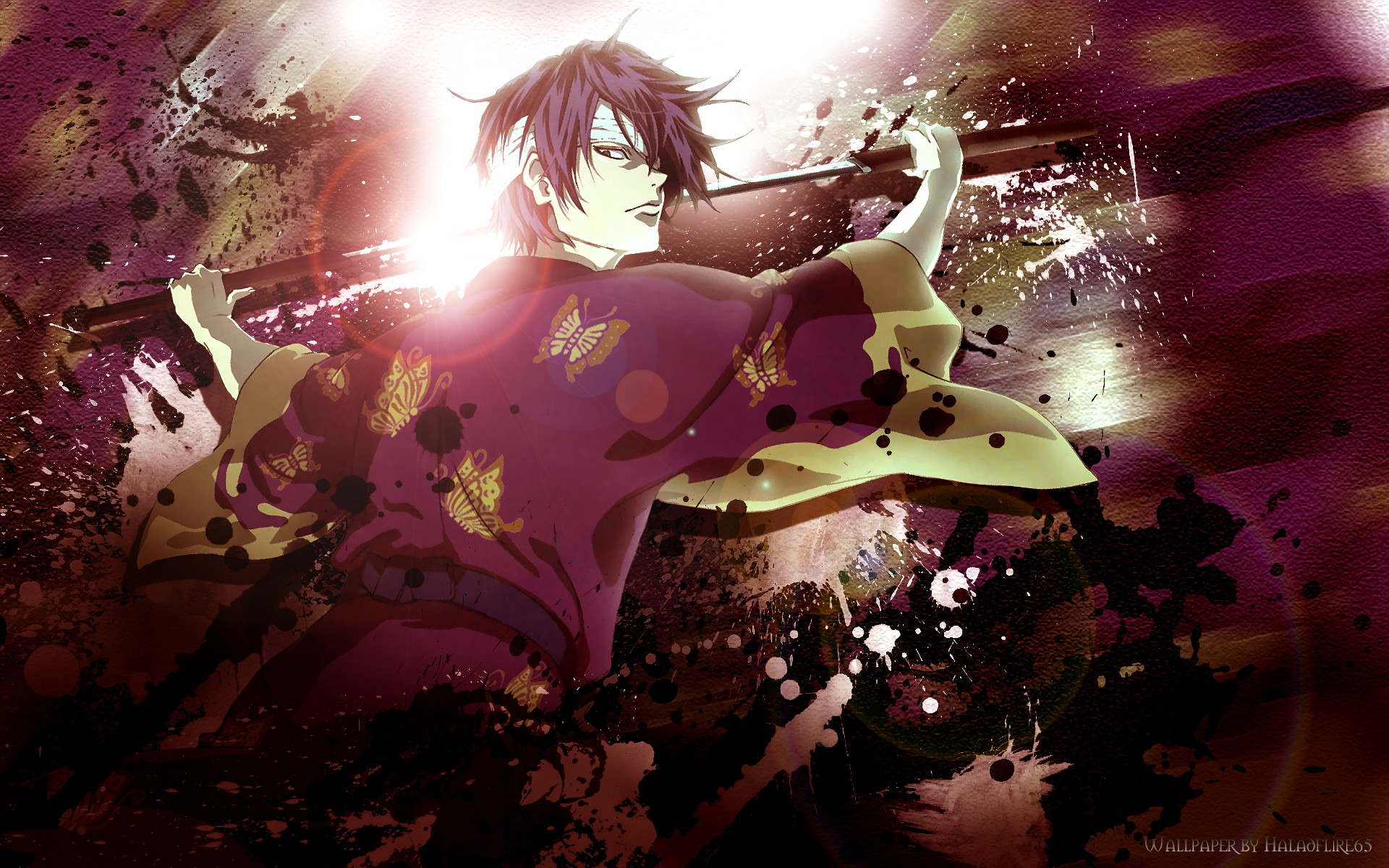
He wields friendship as weapon. His Band of the White Curse are his disciples and pawns—a reflection of his pride and rage. He savors smoke, fire, and toppled structures—but his battle is spiritual: he rages because the world never gave him peace.
Takasugi is neither hero nor villain—he is catalyst. His anger refines others. In the war between friendship and ideology, he reminds us that betrayal entangles movement and madness, freedom and collapse.

VS
Akaza – Demon Slayer
Akaza is a demon defined by pride in combat. Once a martial artist who found emptiness in life, he embraced immortality to find life’s heft in violence. He fights humans to validate his existence, not for bloodlust—and that makes his brutality poignant rather than senseless.
His speeches are direct: respect through combat. He offers zen‑like philosophy while erasing humanity with celestial bullet‑speed. He grieves strength lost—his last exchange with Tanjiro is not hatred but regret. He kills not out of cruelty, but because his version of purpose dies alongside each opponent.
He represents the horizon of demon degeneration: his soul is full of longing, not hate. His death is quiet. His arc compels us to ask whether meaning found in conflict can justify the destruction left behind.

His speeches are direct: respect through combat. He offers zen‑like philosophy while erasing humanity with celestial bullet‑speed. He grieves strength lost—his last exchange with Tanjiro is not hatred but regret. He kills not out of cruelty, but because his version of purpose dies alongside each opponent.
He represents the horizon of demon degeneration: his soul is full of longing, not hate. His death is quiet. His arc compels us to ask whether meaning found in conflict can justify the destruction left behind.

VS
Garou – One Punch Man
Garou is heroism corrupted by foresight. He styles himself the Hero Hunter to expose heroism’s hypocrisies and dismantle its façade. He targets strong heroes to test strength, not ideals—believing that power matters more than philosophy in a stagnant society.
He evolves from punching bags into mythic monster. His form transitions reflect his ideology: human anger swelling into physical threat. His transformation is both literal and metaphorical, underlining the pain of possessing truth without finding balance.
Garou is both villain and teacher. He forces society to reckon with its own prejudices—challenging heroes and citizens alike. His metamorphosis into monster is not folly, but spotlight: showing what happens when critique becomes vengeance.

He evolves from punching bags into mythic monster. His form transitions reflect his ideology: human anger swelling into physical threat. His transformation is both literal and metaphorical, underlining the pain of possessing truth without finding balance.
Garou is both villain and teacher. He forces society to reckon with its own prejudices—challenging heroes and citizens alike. His metamorphosis into monster is not folly, but spotlight: showing what happens when critique becomes vengeance.

VS
Daemon Spade – Hitman Reborn!
Daemon Spade is the assassin philosopher whose poetry is death. He serves the Arcobaleno and Varia as scholar and hitman—a soft‑spoken calm that masks lethal intent. He makes murder elegant and code rigorous, believing souls are poems waiting to be cut.
He treats each hit like art—entwining morality and beauty in his blade. His targets are not enemies but verses that must be ended to preserve order. He views life as lyric, and endings as necessary cadences in death’s composition.
Daemon is the deadly poet—the idea that wisdom without compassion can become artless murder. In his hands, death becomes neither weapon nor escape—but final punctuation to all story.

He treats each hit like art—entwining morality and beauty in his blade. His targets are not enemies but verses that must be ended to preserve order. He views life as lyric, and endings as necessary cadences in death’s composition.
Daemon is the deadly poet—the idea that wisdom without compassion can become artless murder. In his hands, death becomes neither weapon nor escape—but final punctuation to all story.

VS
Kuroki Gensei – Kengan Ashura
Kuroki Gensei is the silent tsunami of underground fighting. As chairman of the Kengan Association, he stands in the shadow of combative elites—but his history with Underground King Rihito shows he is more than figurehead: he is its conscience, and its downfall.
He tolerates the blood-soaked politics until his principles can’t stand by. His decisions are deliberate, paced like a fight—assessing opponents, choosing intervention. When he acts, it’s neither for money nor fame, but to preserve the humanity boxing threatens to strip away.
Kuroki’s legacy lies in restraint. Where violence becomes swagger, he restores balance. His silence is more powerful than any roar. In the carnage of trade‑wars, he proves leadership isn’t always the loudest voice—it’s the one that refuses to watch from shadow.

He tolerates the blood-soaked politics until his principles can’t stand by. His decisions are deliberate, paced like a fight—assessing opponents, choosing intervention. When he acts, it’s neither for money nor fame, but to preserve the humanity boxing threatens to strip away.
Kuroki’s legacy lies in restraint. Where violence becomes swagger, he restores balance. His silence is more powerful than any roar. In the carnage of trade‑wars, he proves leadership isn’t always the loudest voice—it’s the one that refuses to watch from shadow.


